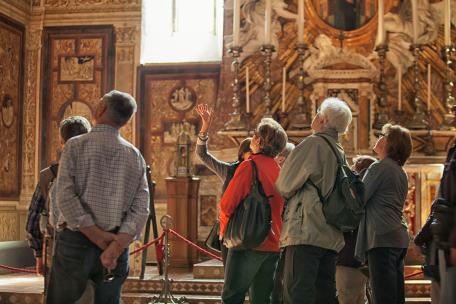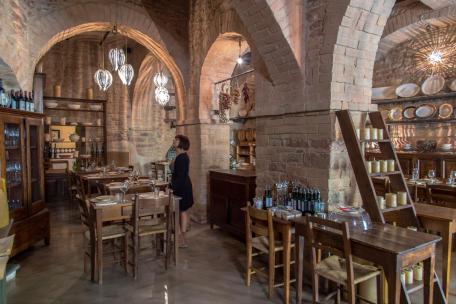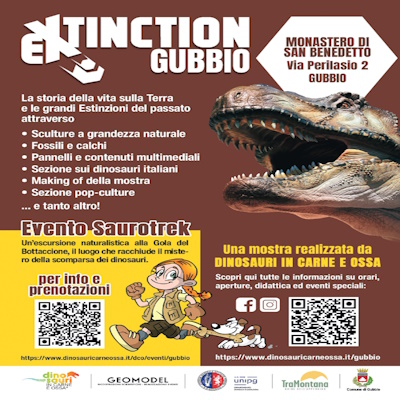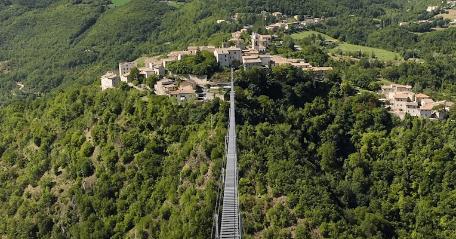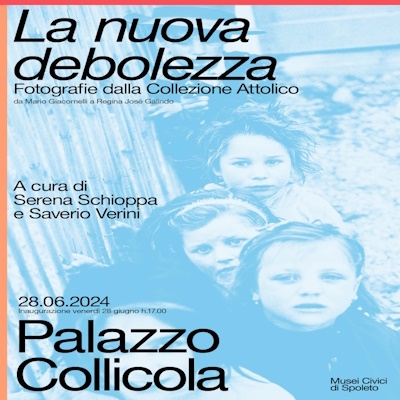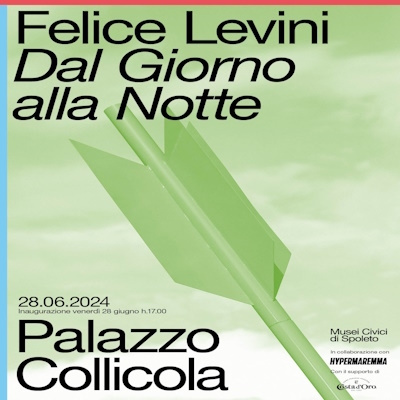Natural landscapes, history, and ancient traditions: a concentrate of beauty and authenticity in the heart of Umbria. To better sample every aspect of this magical land, nothing beats an excursion, on foot or by bike, on the mounts and valleys of the Sibillini natural park.
The variety of plant life and the marvellous green vales offer many choices for our journey. Let us start by recommending a visit to Lake Pilato, located on Mount Vettore near the border with the Marche. This ancient lake is connected to many past legends. It is said that it used to be a meeting place for necromancers, magicians, and alchemists, so much so that the Church forbade access to it to all its faithful.
According to a different story, this is the place where the body of Pontius Pilate ended up after he was condemned to die by Emperor Tiberius. It is not by chance then that the lake is also called Averno, the name for the gate of Roman hell.
From here one easily reaches the Castoriana Valley, which is crossed by the Campiano River. This area is characterized by small villages, castle ruins, willows and cypresses. From here we continue toward Mount Patino, a very steep mountain with rocky walls. Worth seeing is the natural reservoir which includes 2400 metres of mountaintop. The area has been inhabited since the depths of time by rock partridges, hares, and royal eagles. Interesting to see is also the Patino Grotto, hidden by the beech trees, which used to offer a refuge for the herdsmen when the weather turned sour.
If you still aren't tired, you can continue to trek up Mount Palazzo Borghese, where, for just two or three months every year, it is possible to admire a small lake created by the melting snows from the mountain's glaciers.
In the same area it is possible to visit Mount Porche, also known as Bellavista thanks to the beautiful vistas that can be enjoyed from its summit, and Mount Sibilla, which owes its name to the witch who was said to live in a cavern of the same name.










